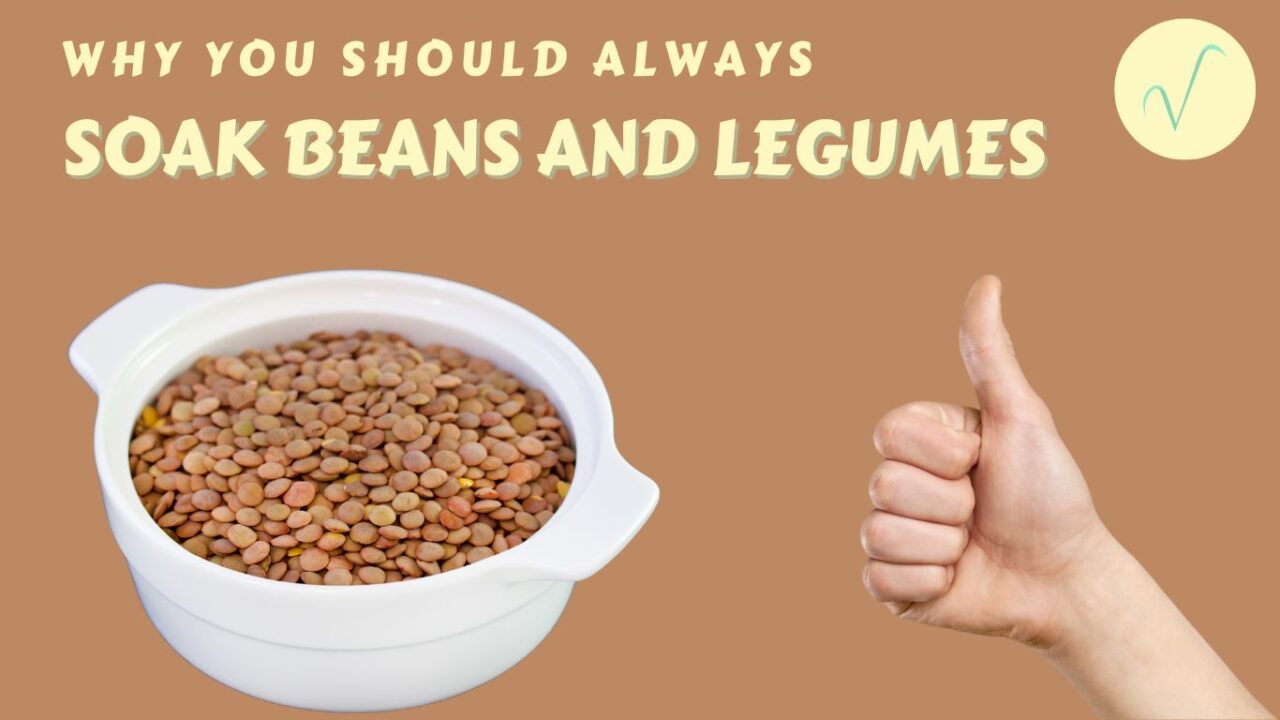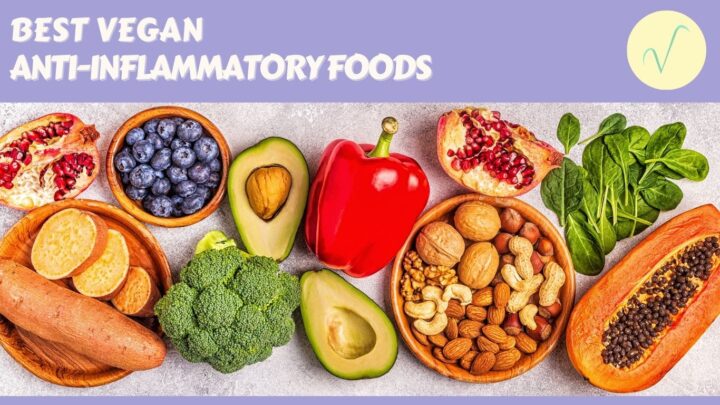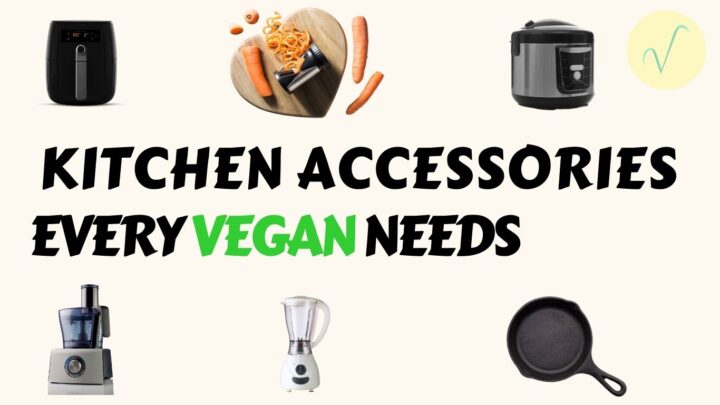As a vegan you will be, instead of defrosting meat, getting into the habit of soaking beans and legumes for your evening meal.
I quickly learned as a vegan who ate more beans and legumes than the average meat-eater, and even vegan, that these things also came in packs, not just cans.
The first time I tried cooking lentils, for example, I just threw ‘em straight into the pan, from the pack, and now don’t eat them unless I soak them first.
But why do we soak beans? Is there a benefit to getting dried beans and soaking them before cooking them? Why not just get canned beans and save myself the fuss?
All will be answered shortly, but firstly, let’s go through the main few questions.

Should you soak beans before cooking them?
Soaking beans prior to cooking is important because it helps them to cook through better, reducing cooking time to around half.
As well as this added benefit, soaking beans also help to clean them more thoroughly, as beans can’t be cleaned prior to packing for fear of mould development.
Soaking beans and legumes prior to cooking are important for the purpose of thorough cleaning and better overall digestion.

How long should I soak beans?
You should as a rule of thumb aim for generally 4-12 hours when soaking beans, legumes and lentils. Although I’d personally prefer to aim for the 8-12 hour mark.
When in doubt, soak your beans overnight. This will help get rid of excess phytates, and ensure even the tougher beans soak properly. Typically for dried beans such as blackbeans and chickpeas, I like to soak these in hot water to help with the softening process.
Is it healthier to soak beans?
It’s not necessarily healthier, but soaking beans does improve the bioavailability of nutrients and help to reduce anti nutrients.
Anti nutrients such as saponins and phytates; which can bind to valuable nutrients and negatively affect absorption.

What are saponins?
According to research, saponins are plant by-products, with certain types that can be irritating to the respiratory and digestive tract.
What are phytates?
Phytates are technically antioxidants, which you could argue are beneficial for the human body. However, research shows that phytates also have the tendency to bind to minerals such as iron, caIcium, and manganese, preventing your body from absorbing them.
In that case, you may not want to skip the soaking prior to cooking your beans, considering you’d get a better nutritional bang for your buck if you didn’t.
Should you cook beans in the soak water?
Ideally you’d want to drain off the excess “bean water” considering they’re likely to be filled with phytates and saponins that are better off discarded.
The exception of course being if you need aquafaba (or chickpea water) for a vegan recipe that calls for it, in that case you’d save it.
I personally, do not cook my beans in the soak water, and I feel my stomach thanks me for it!
Benefits of soaking dried beans overnight vs canned
Although canned beans and peas will forever be convenient, there are quite a few advantages to soaking them instead.
Firstly being the nutrient preservation and minimal processing for the dried beans, allows you to work with the most unadulterated possible version of the legume.
Other than the lack of heavy metals found almost exclusively in canned foods, you also have the monetary benefit of not having to buy more chickpeas every time you need a portion.
It’s actually cheaper and you can make about 2-3x more meals with the dried alternative, all for the sake of convenience.
Not to mention there’s less aluminium mined from the ground when you don’t buy canned beans, it’s a win-win.
Soaking your beans and legumes
We hope you learned a thing or two about soaking beans and legumes and the benefits of which.
If you learned something today feel free to share this with a friend, bookmark this for future reference, or drop a comment with your opinion!




